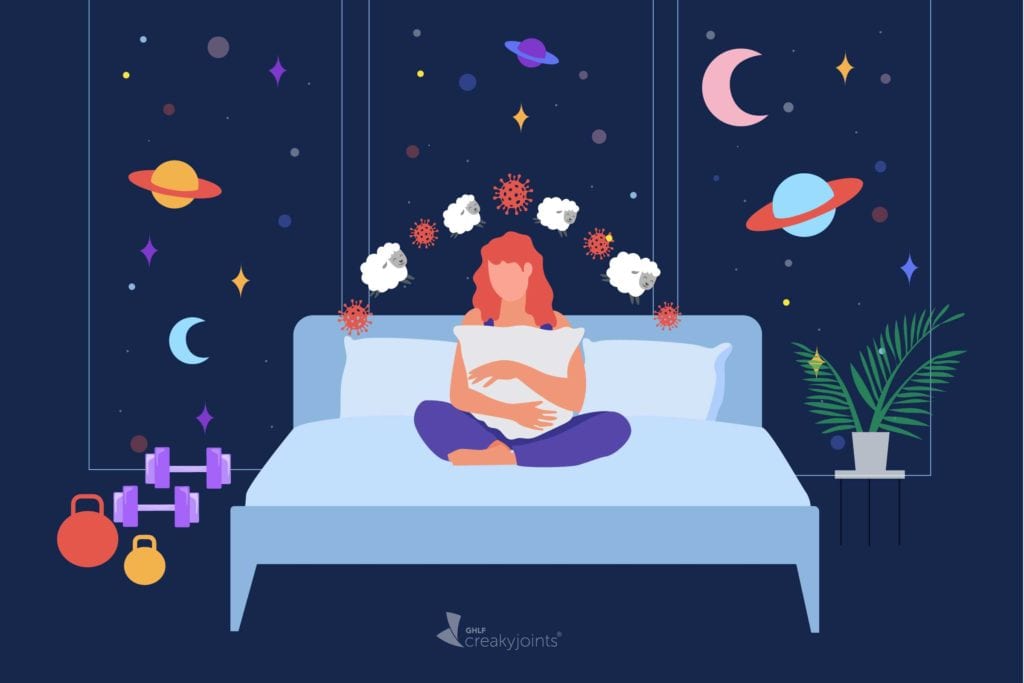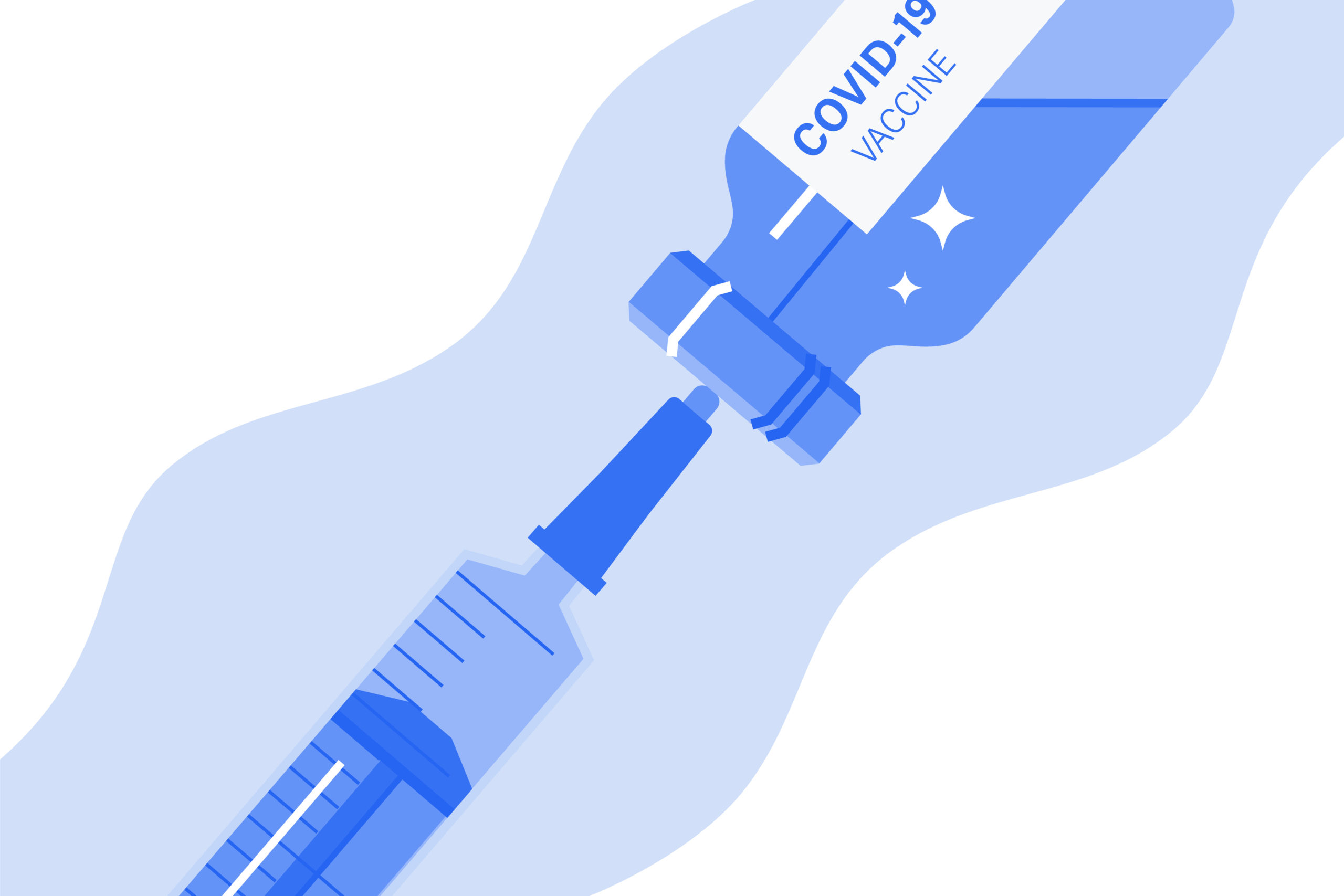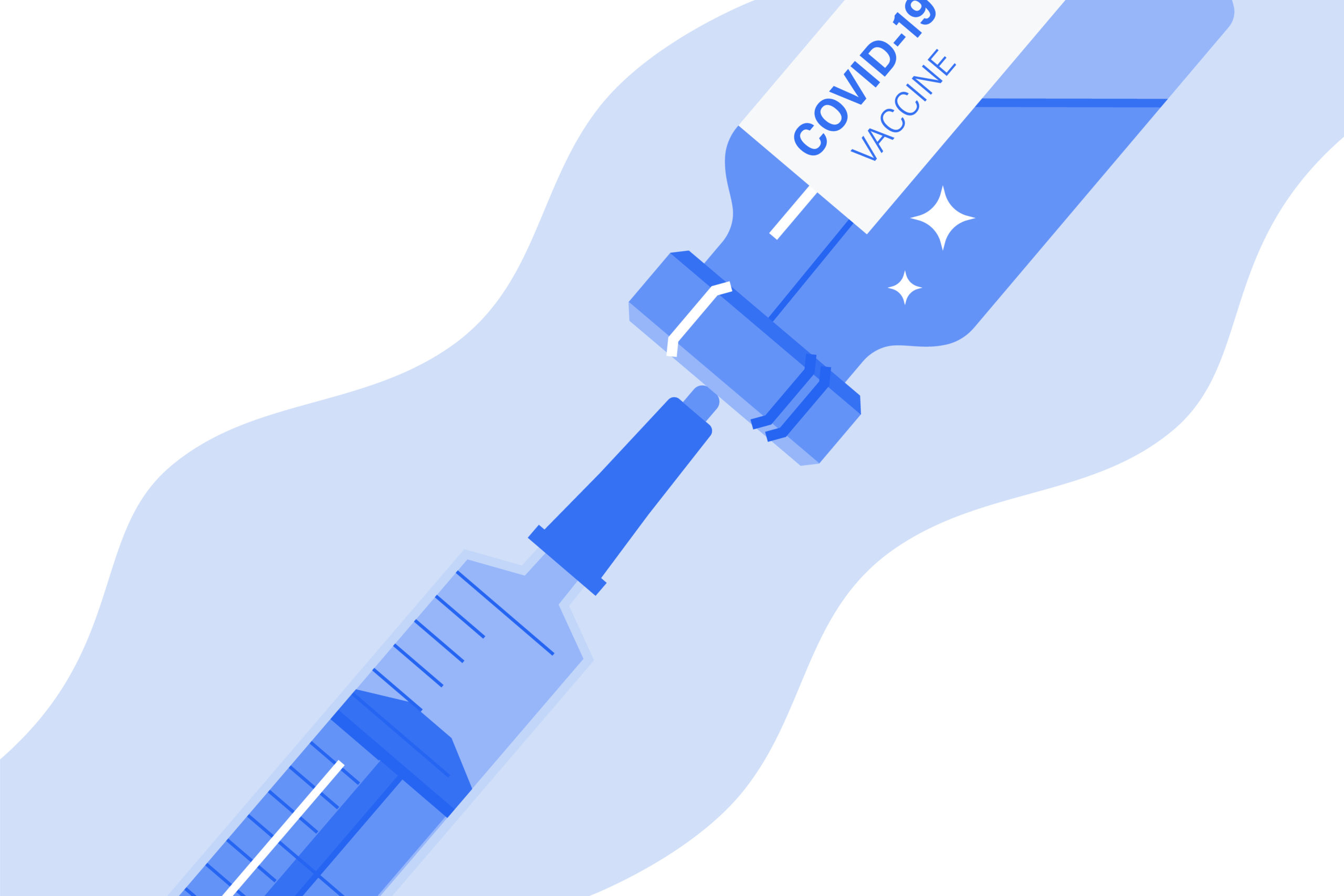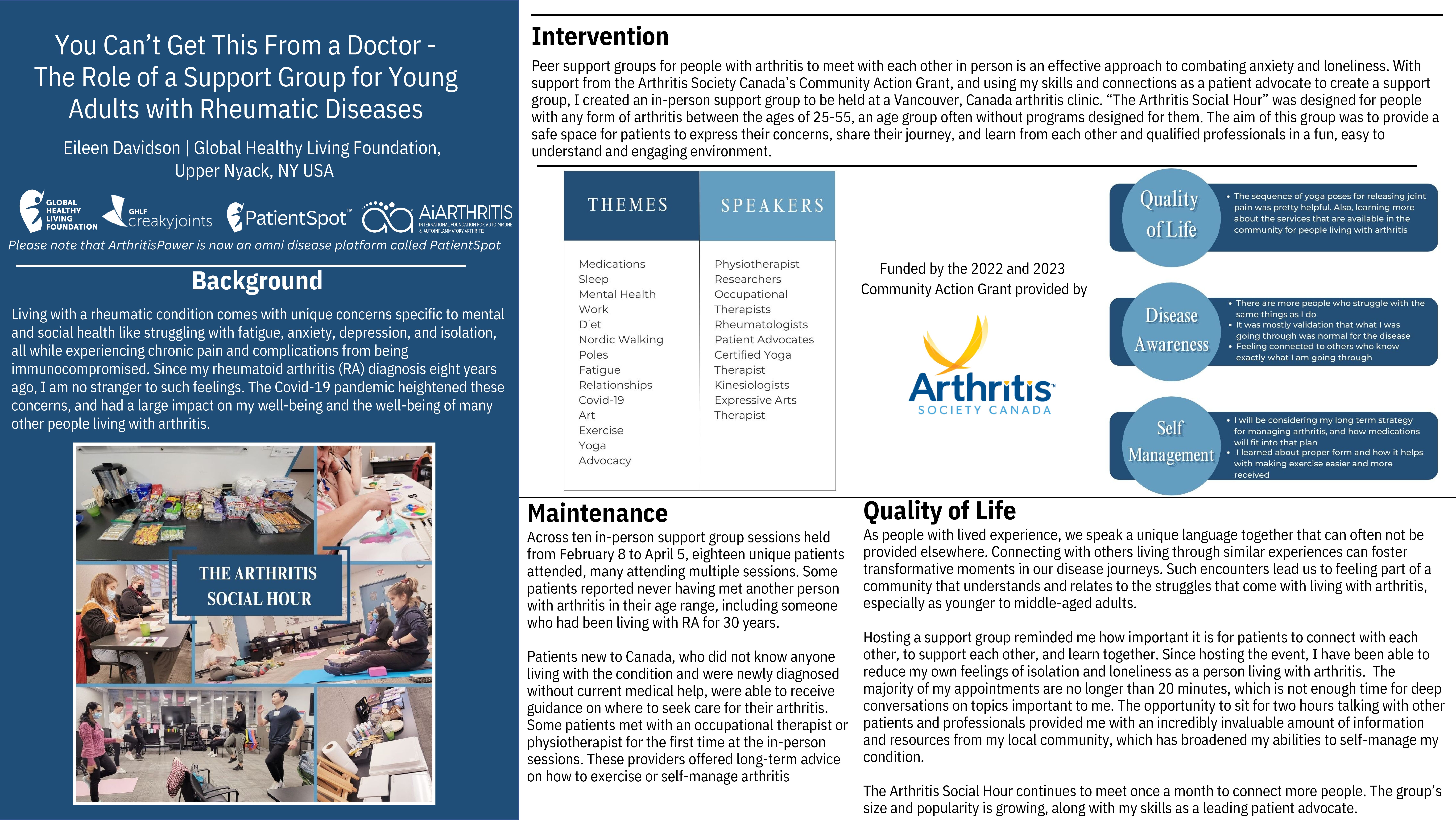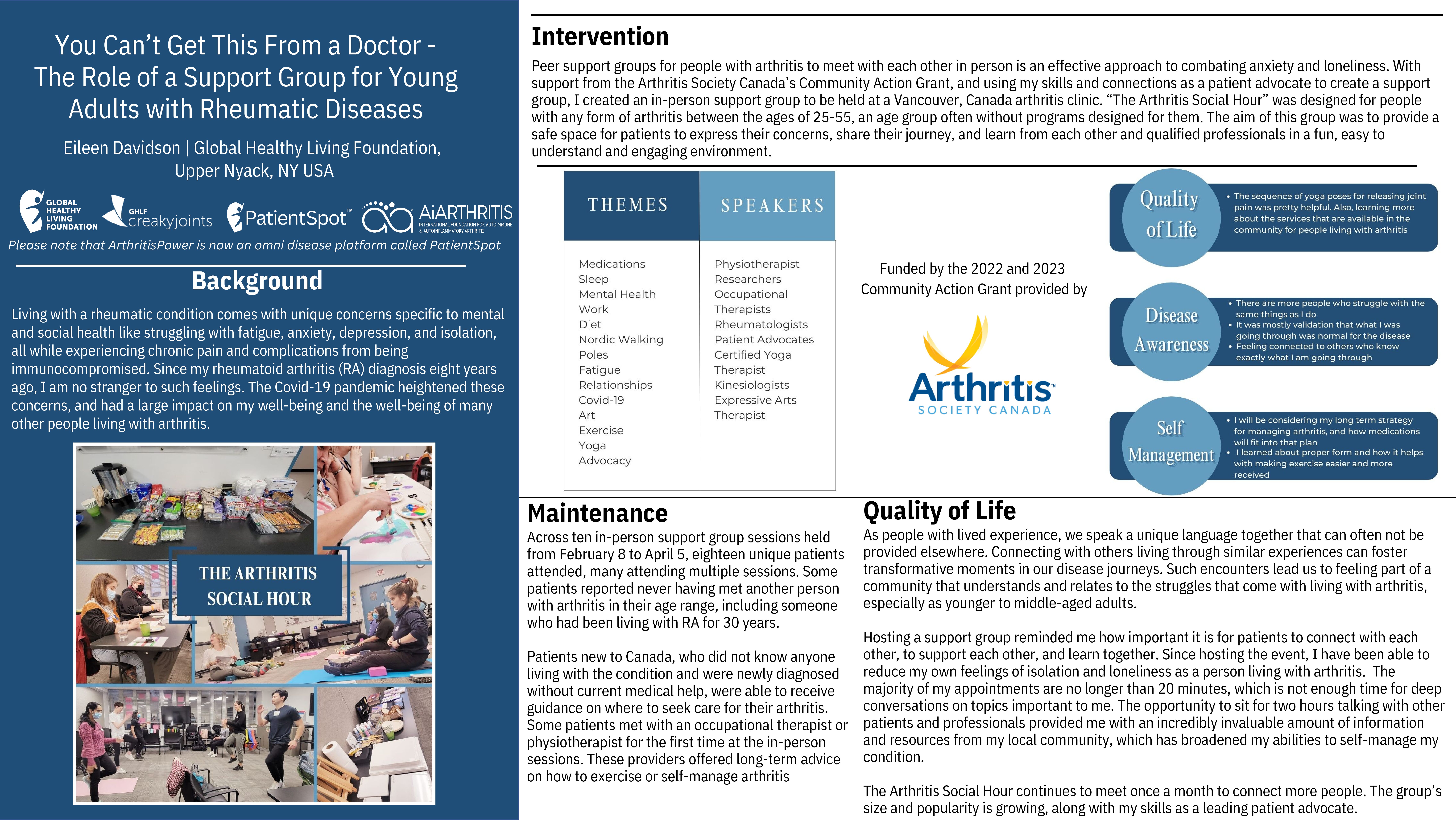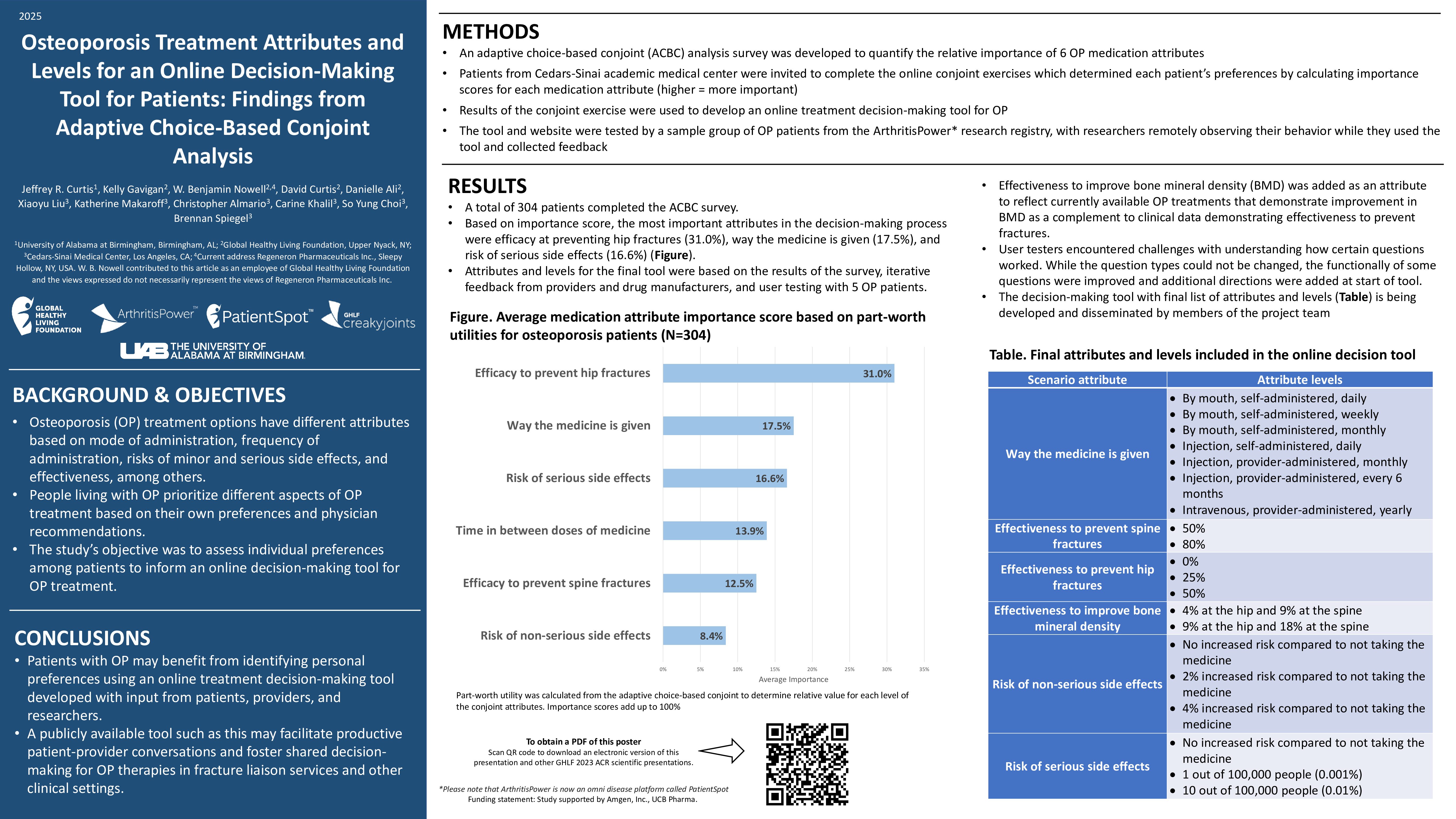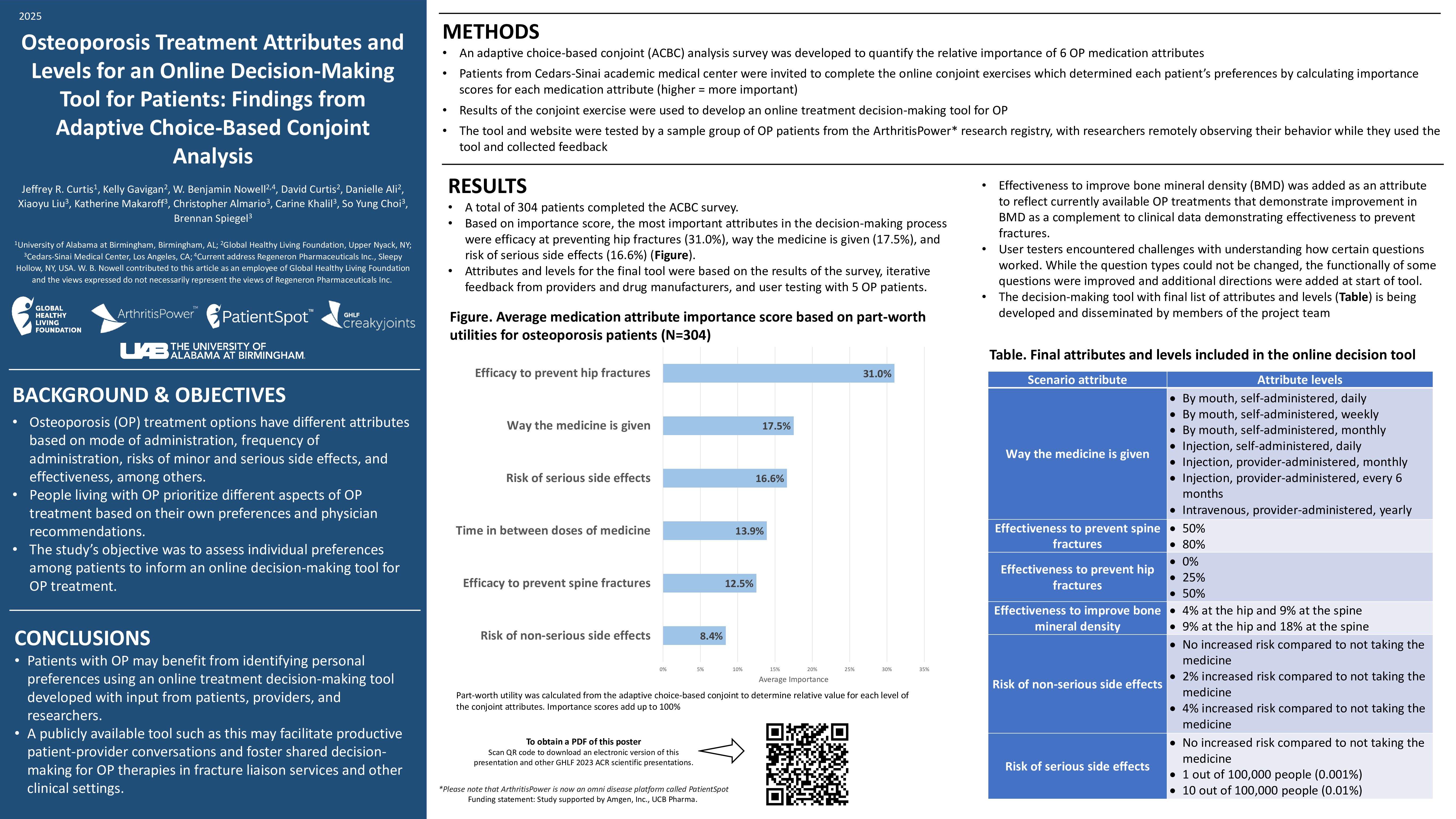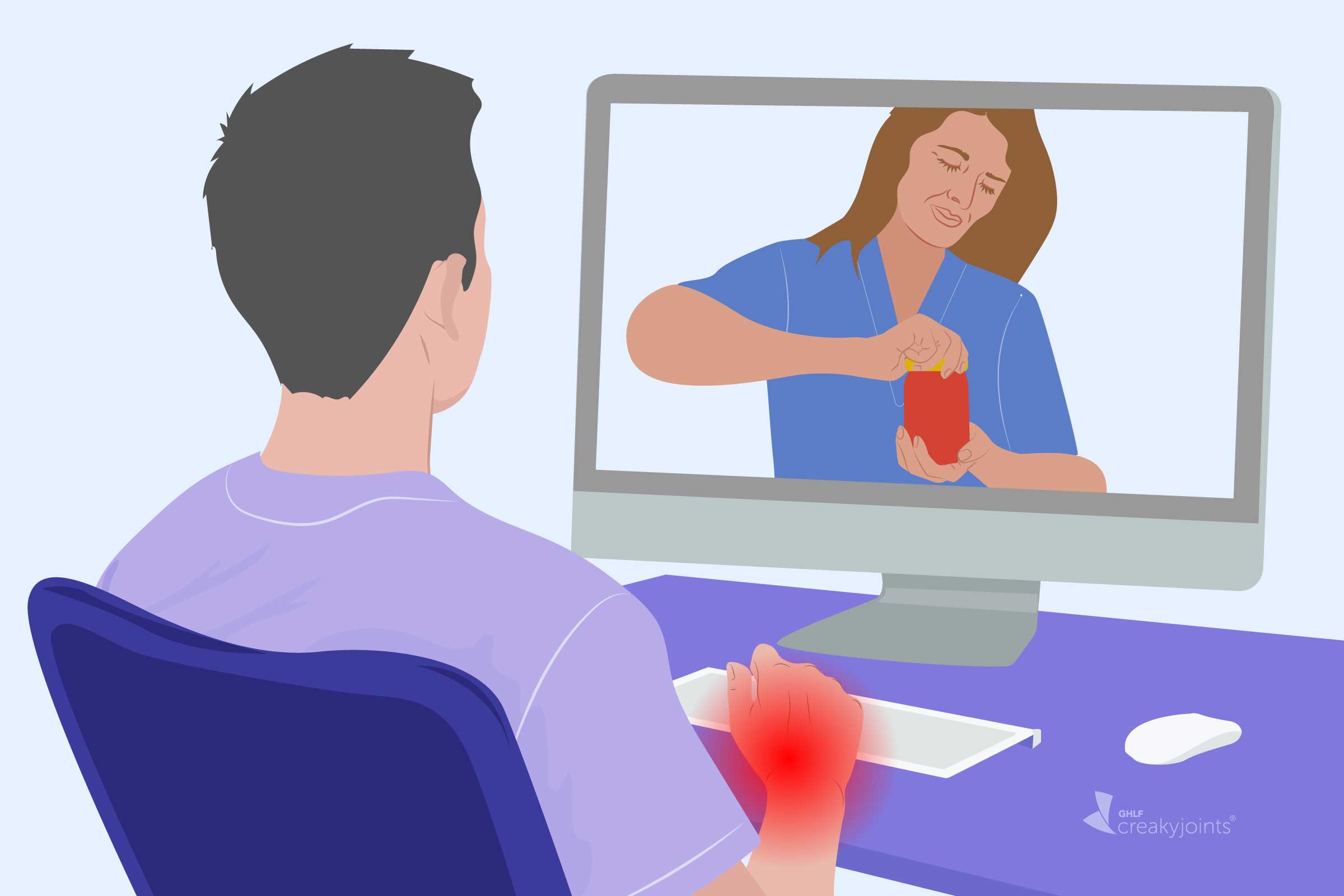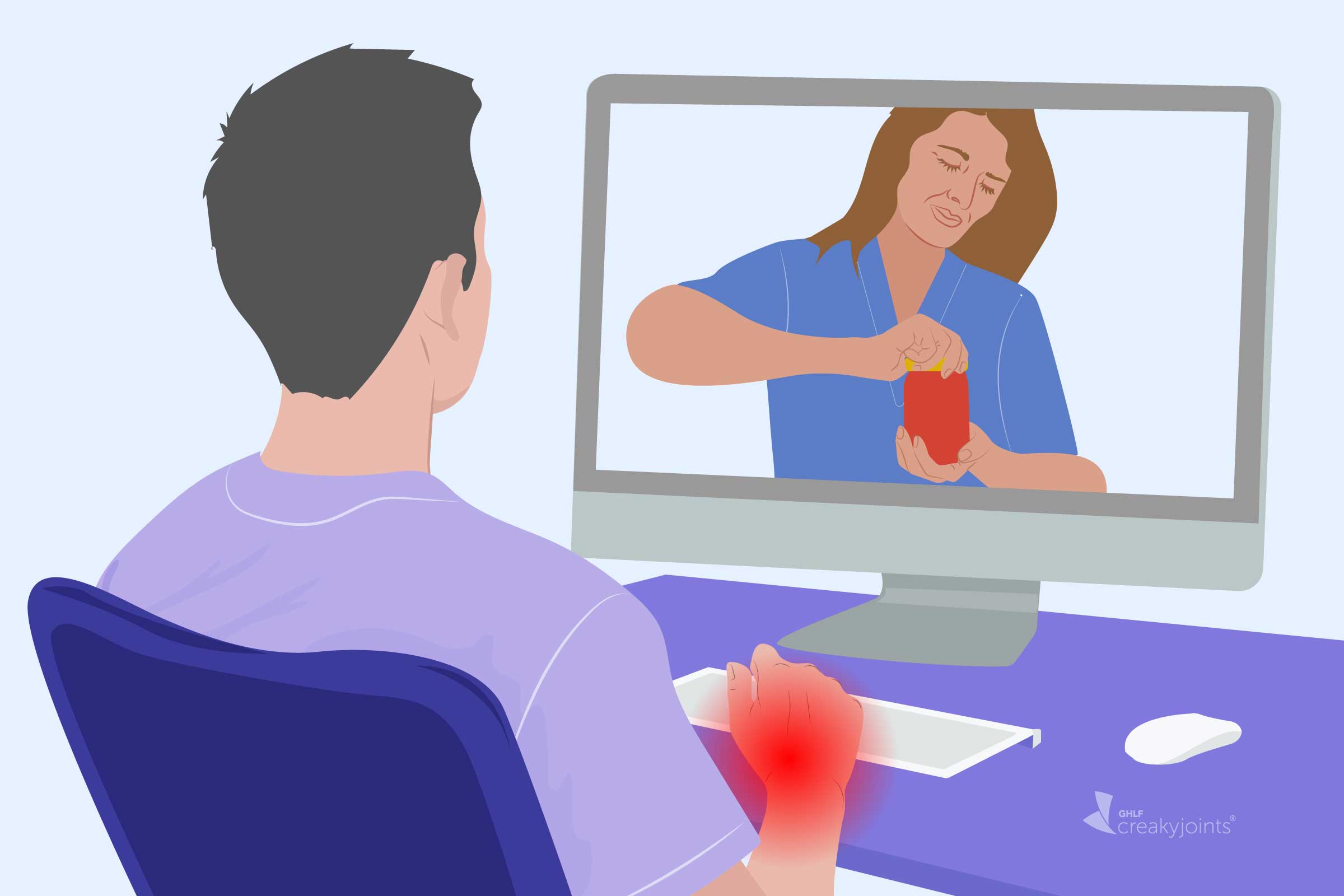Learn more about our FREE COVID-19 Patient Support Program for chronic illness patients and their loved ones.
When you’re living with an underlying chronic illness, lack of sleep can turn into a complex, vicious circle. You may feel anxious about not being able to fall asleep, which then keeps you up even longer. Next, you might wake up in the middle of the night because of pain (painsomnia) — and that tiredness only amplifies your pain the next day.
To add to that, sleep disturbances and lingering fatigue are common in patients who recover from COVID-19. In a May 2022 study published in the journal Sleep, researchers found that more than 40 percent of patients with a history of COVID-19 reported at least moderate sleep disturbances and nearly 70 percent reported at least moderate fatigue.
“If you did not have a sleep problem before COVID-19 but you do now, there’s a likelihood that you have a COVID-induced situation,” says Michael Breus, PhD, a diplomate for the American Board of Sleep Medicine and fellow for the American Academy of Sleep Medicine.
What’s more, if you live with an underlying condition and you’ve had COVID-19, it can be a recipe for sleepless nights — which could lead to even worse symptoms during the day.
“When you are sleep-deprived, you actually feel more pain with the same stimulus,” says Dr. Breus. “When people are tired, pain hurts worse, which includes long COVID symptoms.”
Here’s what to know about your sleep after COVID-19 and the steps you can take to move toward more restful nights.
The Connection Between COVID-19 and Poor Sleep
In what’s been termed “COVID-somnia,” the pandemic negatively impacted sleep for many people. Sleep neurologists reported more sleep disturbances and even the misuse of sleep medications during the COVID-19 pandemic. This was true not only for people recovering from COVID-19, but also for those who felt the effects of fear and social isolation, according to a recent article in Neurology Today, the official publication of the American Academy of Neurology.
Many studies have pointed to both psychological and physical effects of COVID-19, but a large portion of sleep-related studies during the pandemic focused primarily on health care workers rather than the general population. That said, in a July 2022 study published in the Journal of Medical Internet Research, study authors analyzed 122 patients with a history of COVID-19 compared to those who had never had it. They found that long COVID patients had altered sleep patterns characterized by less total sleep and less deep sleep compared to matched controls.
“These findings, especially after recovering from the infection, support the fact that COVID-19 may present with long-standing symptoms such as autonomic and neurologic disturbances,” note the study authors.
When you sleep, your body focuses on restorative functions related to immunity, the cardiovascular system, and metabolic functions. Changes in sleep phases can not only predispose you to health-related problems, but they can also increase stress levels by raising stress hormones.
In the previously mentioned Sleep study, researchers found that patients with moderate to severe sleep disturbances were significantly more likely to be Black, to have fatigue and mood disorders, and to have been hospitalized for COVID-19, compared with patients with mild or no sleep disturbances. In fact, after adjusting for demographics, Black patients still had a three-fold higher odds of moderate-severe sleep disturbance. This emphasizes the need to characterize race-specific determinants and disparities in COVID-19 survivors, note the researchers.
Overall, when it comes to the effects of long COVID and sleep, the exact link is still unclear.
“We really don’t know a lot, but there has been some interesting historical research looking at the effects of other viruses,” says Dr. Breus. “As an example, if you look at mononucleosis — when we see people get mono, they can have fatigue for years. I would suspect that there’s some kind of a mechanism that occurs during the viral infection that’s having a prolonged effect on energy levels and things of that nature.”
While we don’t know for sure what causes long COVID in general, research has provided some clues, per the National Institutes of Health (NIH):
- SARS-CoV-2 particles may become active again, causing symptoms to reappear
- Overactive immune cells may release high levels of inflammatory substances that can injure organs and tissues
- The infection may cause the immune system to start making auto-antibodies that attack someone’s own organs and tissues
In addition to sleep issues, long COVID has been associated with mental health and cognitive issues like depression, anxiety, and brain fog; cardiovascular issues; diabetes; and lung disease.
How to Tell If You Have Insomnia
Insomnia is more than just the occasional bad night of sleep: It’s a sleep disorder that means you have trouble falling asleep, staying asleep, or getting good quality sleep, even when your environment is primed for catching z’s. This can get in the way of your daily activities and make you feel tired throughout the day.
Chronic insomnia means that sleeplessness isn’t fully explained by another health problem, per the NIH.
“Insomnia is if it takes you longer than 30 minutes to fall asleep or you awaken in the night for more than 30 minutes, and that happens more than three days a week for at least three weeks a month — for at least three months,” says Dr. Breus. “I call it the rule of three’s.”
On the other hand, short-term insomnia may be caused by stress or changes in your schedule or environment and can last for a few days or weeks.
If your underlying condition or the effects of having COVID-19 cause general fatigue, it can be easy to confuse that with sleepiness (which, in turn, can make it difficult to describe what you’re experiencing to your doctor).
When you’re relaying your symptoms, keep this in mind: “If your eyes are continuing to close and you just can’t keep your eyes open, that’s sleepiness,” says Dr. Breus. “If you feel like overall your bones and body hurts, and everything makes you feel like you want to take a nap, that’s fatigue.”
Tips for Getting Better Sleep
As we learn more about what causes long COVID and associated sleep problems, experts will be better primed to provide solutions for patients experiencing restless nights. However, there are a few best practices that can help you sleep more soundly in the meantime.
Although people often think about what to add on to their routine for better sleep (melatonin, sleeping aids, a night cap, etc.), a good sleep routine also addresses key things to avoid.
“Some individuals try to address their insomnia by engaging in habits that actually make the insomnia worse, such as going to bed or staying in bed when they are not ready to sleep or drinking alcohol to help them fall asleep,” says Rajkumar Dasgupta, MD, clinical associate professor of medicine at the Keck School of Medicine at USC
Keep these five tips in mind as you work toward improving your sleep.
Don’t Rely on Melatonin
Throughout the pandemic, many people experiencing sleep issues reached for a bottle of melatonin. However, Dr. Dasgupta urges caution with this approach.
“Melatonin is a natural compound released by the body, usually at night, and throwing off that balance by adding more of it to your system can cause additional sleep issues,” says Dr. Dasgupta. “If you decide to take it, remember it is all about the timing of the melatonin — not the amount. The general rule of thumb is to take the melatonin two hours before your desired bedtime, because if you take it too late, it can throw off your sleep schedule.”
If you don’t notice an improvement in your sleep after one to two weeks of taking melatonin, stop using it and talk to your doctor. Taking 1 to 3 milligrams of melatonin nightly is generally safe for most people for one to two months if it’s helping your sleep, per Johns Hopkins Medicine. At that point, stop taking it to gauge your sleep and consult with your doctor on the next best steps.
Exercise During the Day
Of course, this can be difficult if you’re tired from restless nights — again, leading to a vicious cycle — but even a walk around the block or in your backyard could help benefit your sleep.
“Stress and anxiety are sleep’s worst enemies, but exercise can relax you and fight off the things that keep you from getting that well-deserved shut-eye,” says Dr. Dasgupta. “The more active you are, the more your body pushes you to sleep at night. Even doing things like walking the dog can increase your sleep drive at night.”
Ease Off the Caffeine and Alcohol at Night
If you’re trying to power through after a restless night, you may be tempted to turn to caffeine, but remember to cut it out later in the day — and avoid drinking alcohol before bed.
“Stop caffeine by 2 pm and stop alcohol three hours before bed,” says Dr. Breus.
While alcohol may initially make you sleepy, it can actually cause you to wake up multiple times throughout the second half of the night.
“Whether it’s by interrupting circadian rhythms or causing a few more trips to the bathroom per night, alcohol is just not the best way to get to sleep every evening,” says Dr. Dasgupta. “If you’re using alcohol as a sleeping aid, that’s not a good thing.”
Focus on Your Routines
Let routines be the pillars of your day and evenings — and you’ll find that restful nights fall into place more easily. Start by setting a time to wake up every morning, even on weekends.
“Follow a consistent sleep schedule if you can, especially for your wakeup time, because that resets the circadian cycle,” says Dr. Breus.
Routines also involve what you do before bed to wind down. Keep in mind that the bright lights of a TV, computer, or smartphone can affect your sleep patterns and make you feel alert when you should be winding down. Instead, power down with activities that relax you off-screen.
“Practicing mindfulness and meditation may reduce anxiety and improve sleep quality,” says Dr. Dasgupta. “This routine is the final step to getting that much-needed slumber to be your best self for the day ahead.”
Create a Better Sleeping Environment
Consider this: When was the last time you replaced your pillow or mattress? If you can’t remember or the date stretches back years ago, it may be time to invest in new products for better sleep (if you can).
“If you’re not a good sleeper to begin with, we need to make an environment that’s very conducive to sleep,” says Dr. Breus. “Your body changes a lot in 10 years, so if you haven’t changed out your mattress in that long, you’re using old equipment that was for your old body.”
Even if you can’t afford to replace your mattress right now, you might consider a mattress topper, which is a layer of foam placed on your mattress to make it more firm or more soft. Opting for a softer bed may help you sleep better as you grow in age.
“Most people who are age 55 or older need something that’s a little softer because the fat in the skin, subcutaneous fat, gets thinner over time,” says Dr. Breus. “When you get older, you feel a lot more pressure everywhere because of that, so making the bed a little softer could be really helpful.”
Meanwhile, the average pillow should be replaced every 18 months, since it loses its structural integrity with use. This can cause your head and neck to be misaligned at night, leading to uncomfortable kinks.
“The easiest thing to do is to get a new pillow and maybe even consider a topper,” says Dr. Breus, who created this guide to picking the perfect pillow. “You’d be surprised by the power of a new pillow.”
Read more about what you should know about long COVID if you’re immunocompromised.
Get Free Coronavirus Support for Chronic Illness Patients
Join the Global Healthy Living Foundation’s free COVID-19 Support Program for chronic illness patients and their families. We will be providing updated information, community support, and other resources tailored specifically to your health and safety. Join now.
If you enjoyed reading this article, you’ll love what our video has to offer.
Pena Orbea C, et al. 0735 Sleep Disturbances in Post-Acute Sequelae of COVID-19 (PASC). Sleep. May 25, 2022. doi: https://doi.org/10.1093/sleep/zsac079.731.
Interview with Michael Breus, PhD, a diplomate for the American Board of Sleep Medicine and fellow for the American Academy of Sleep Medicine
Sleep Neurologists Call It ‘COVID-Somnia’—Increased Sleep Disturbances Linked to the Pandemic. Neurology Today. July 9, 2020. https://journals.lww.com/neurotodayonline/fulltext/2020/07090/sleep_neurologists_call_it.1.aspx.
Mekhael M, et al. Studying the Effect of Long COVID-19 Infection on Sleep Quality Using Wearable Health Devices: Observational Study. Journal of Medical Internet Research. July 5, 2022. doi: https://doi.org/10.2196/38000.
Long COVID. National Institutes of Health. October 5, 2022. https://covid19.nih.gov/covid-19-topics/long-covid.
What Is Insomnia? Insomnia. National Institutes of Health. March 24, 2022. https://www.nhlbi.nih.gov/health/insomnia.
Interview with Rajkumar Dasgupta, MD, clinical associate professor of medicine at the Keck School of Medicine at USC.
Melatonin for Sleep: Does It Work? Johns Hopkins Medicine. November 4, 2022. https://www.hopkinsmedicine.org/health/wellness-and-prevention/melatonin-for-sleep-does-it-work.

